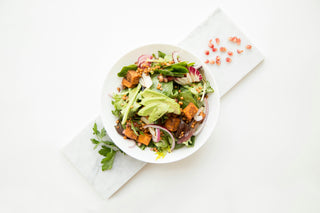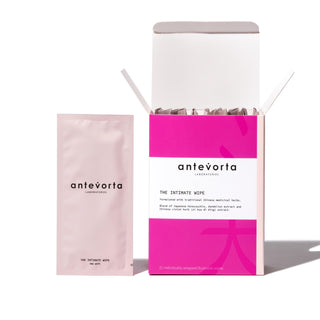In the West, the salad is a wellness icon. Toss in some kale, drizzle olive oil, and you’re basically Gwyneth Paltrow. But if you ask a Traditional Chinese Medicine (TCM) doctor — or even a Chinese grandmother — if you should be eating raw greens every day, the answer will likely be a gentle but firm no.
In TCM, it’s not just what you eat, but how you eat it — the temperature, the season, your constitution, your cycle. So while a spinach-arugula superfood bowl may look good on Instagram, it may not actually be good for you. Especially if you’re a woman navigating hormonal health, fatigue, or menstrual irregularity.
Let’s dive into why the salad, that crunchy darling of Western wellness culture, is largely avoided by Chinese women who follow traditional principles — and what they eat instead.
It’s All About the Spleen
In TCM, the Spleen is in charge of digestion and transforming food into energy (Qi) and Blood. But here’s the catch: the Spleen hates cold. It prefers warmth, softness, and ease — think soups, stews, and congee. Raw foods like salads are considered cold in nature, meaning they slow down the digestive fire and strain the Spleen.
A sluggish Spleen can’t produce enough Qi and Blood. The result? Fatigue, bloating, brain fog, and—yep—irregular periods, low fertility, and weakened immunity.
Cold Foods, Cold Womb
Here’s where it gets especially important for women: in TCM, cold doesn’t just weaken digestion — it also invades the uterus. A “cold womb” is a root cause of many reproductive issues, from menstrual cramps to long cycles, difficulty conceiving, and even conditions like endometriosis.
Raw salads, iced drinks, smoothies — all these beloved wellness staples can accumulate cold in the body over time, particularly if eaten frequently, or during your period, postpartum, or in the winter.
That’s why many Chinese women warm their food, even their veggies. Stir-fry your bok choy. Steam your broccoli. Drink warm teas. These aren’t quaint traditions — they’re time-tested ways of protecting your body’s core vitality.
Seasonal Eating, Not Trendy Eating
TCM follows the rhythms of the seasons, not TikTok. Summer? A little raw cucumber or watermelon is okay — but still in moderation. Winter? Root vegetables, warming herbs like ginger, and bone broth take center stage.
There’s no one-size-fits-all here. Someone with a “hot” constitution (think: red face, strong appetite, easy to anger) might handle salads better than someone who’s thin, pale, cold all the time, and always tired. But even then, raw foods are rarely eaten in large quantities. Balance is key.
So What Do They Eat Instead?
Warm, cooked foods that nourish Qi and Blood. Think:
· Black sesame porridge
· Red date and goji berry tea
· Chicken and shiitake mushroom soup
· Stir-fried greens with garlic and ginger
· Sweet potato or mung bean congee
These aren’t just comforting — they’re strategic. They support digestion, energy, hormones, and skin from the inside out.
The Bottom Line
Salads might be light and fresh, but in TCM, they’re not necessarily kind to your internal world — especially if you’re dealing with fatigue, irregular periods, fertility concerns, or feeling cold all the time.
Chinese women avoid salads not because they’re anti-vegetable, but because they eat in a way that supports their long-term health and hormonal balance. If you’re curious about aligning your diet with your body’s needs, TCM offers a refreshing lens: one rooted in wisdom, not trends.
So go ahead — put down the raw kale, and pick up that warm bowl of lotus root soup. Your Spleen (and your hormones) will thank you.





